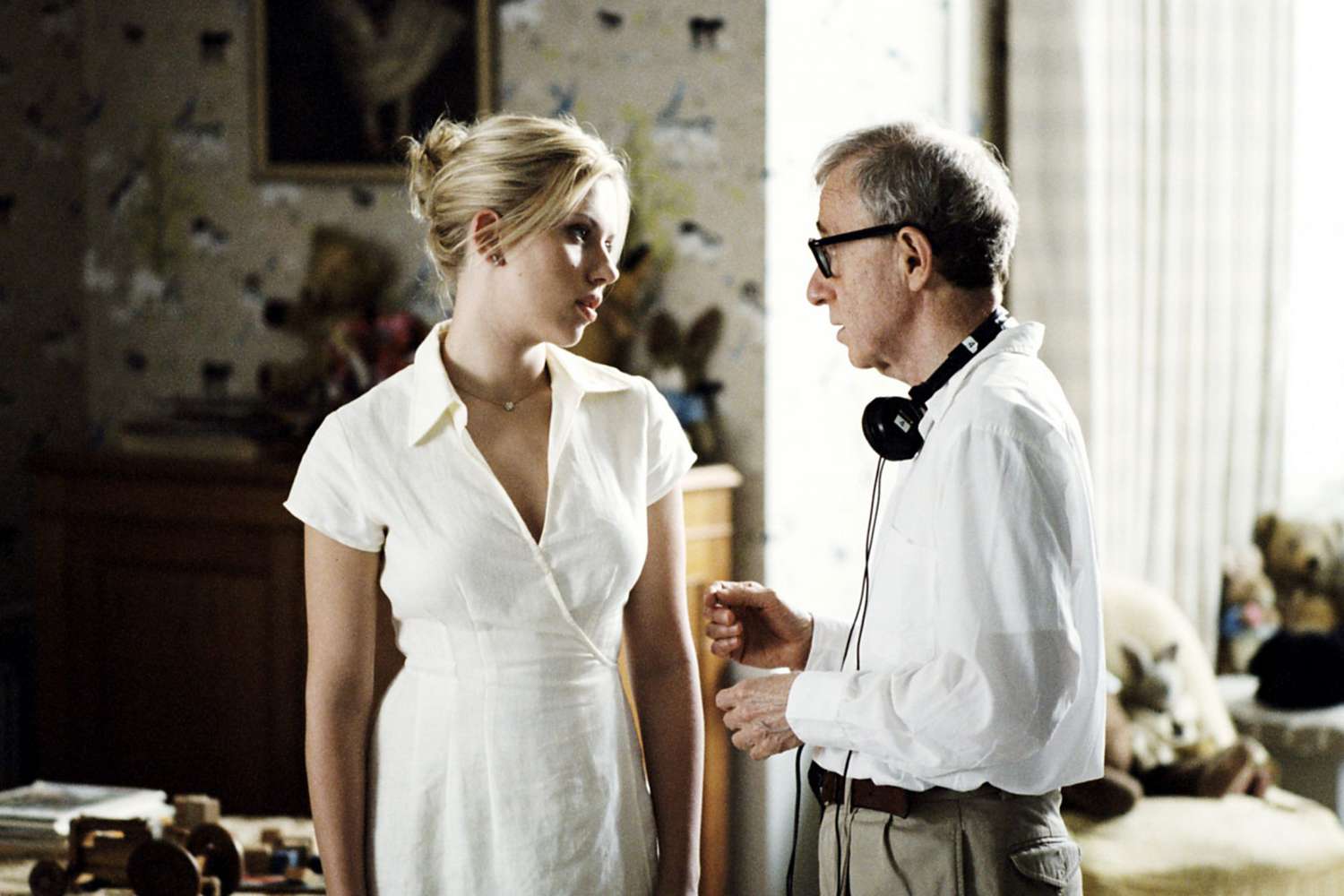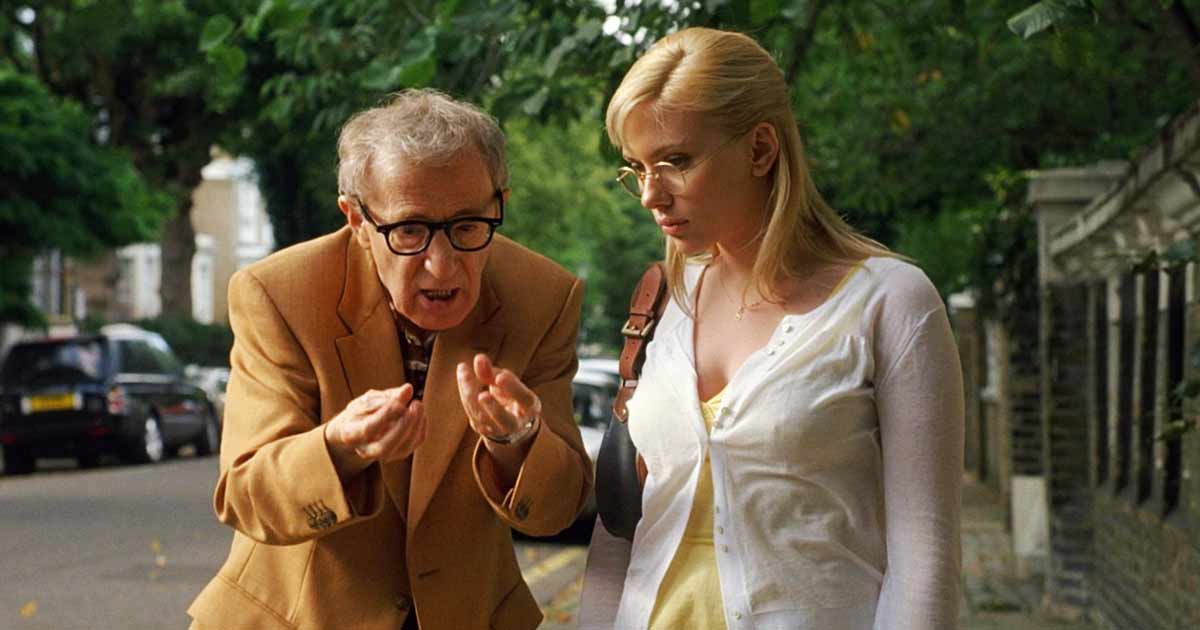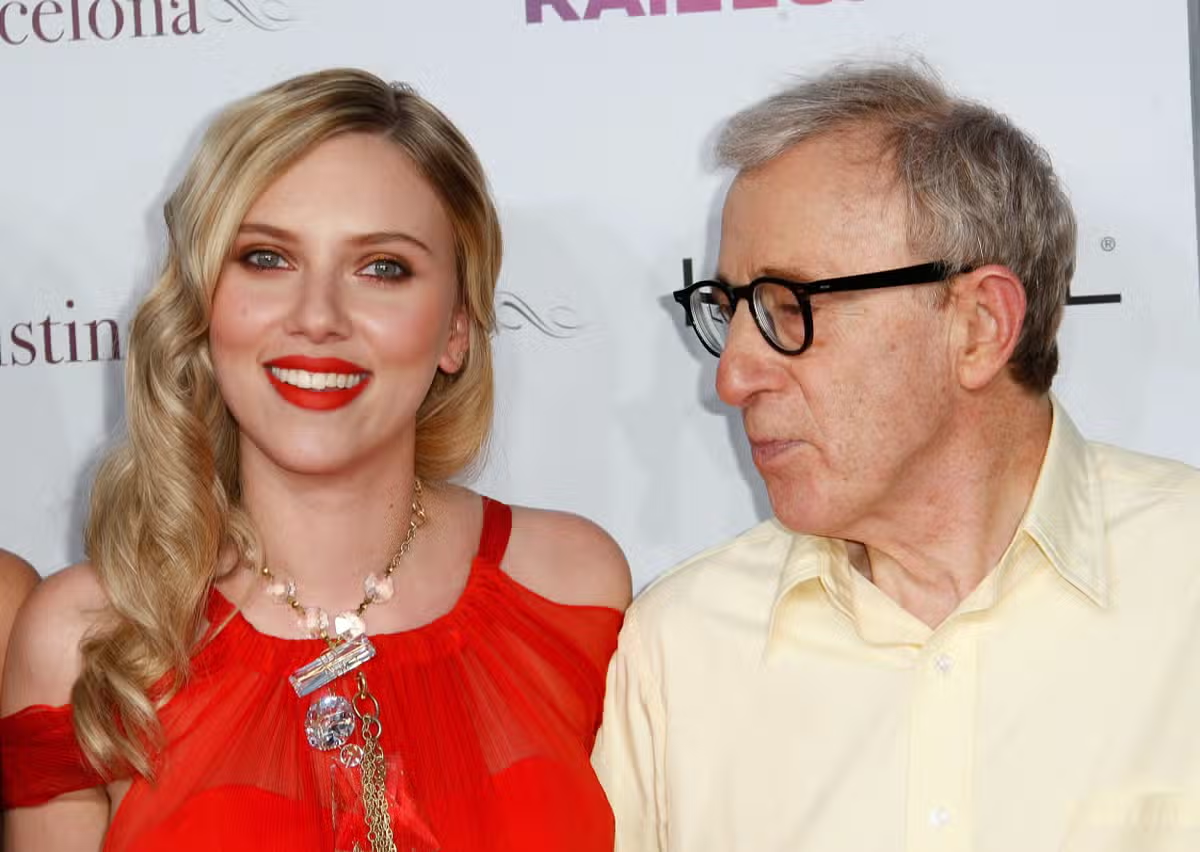Hollywood filmmaker Woody Allen, renowned for his cinematic contributions, remains a contentious figure due to his personal controversies and the problematic depiction of women in his films. His work often includes lingering shots and camera angles that have sparked debates about objectification. This tension is notably present in his remarks about casting Scarlett Johansson and Penelope Cruz in his 2008 film Vicky Cristina Barcelona, which underscore his unchanged and controversial perspectives.

The Casting Choices in Vicky Cristina Barcelona
In Vicky Cristina Barcelona, a romantic drama that features Johansson and Cruz alongside Javier Bardem, Allen explores the complexities of romantic relationships through the interactions of two friends with a seductive artist in Barcelona. The film, acclaimed for its narrative and performances, also includes intimate scenes that highlight the chemistry between Cruz and Johansson.
However, Allen’s rationale behind casting Johansson and Cruz was influenced heavily by their on-screen sexual appeal. In his 2020 memoir, Apropos of Nothing, Allen remarked:
“Penelope [Cruz] is one of the sexiest humans on the face of the Earth, and coupling her with Scarlett [Johansson] caused each woman’s erotic valence to cube itself.”
This comment not only reduces these accomplished actresses to their sexual appeal but also highlights a recurring issue in Allen’s portrayal of women, focusing more on their physicality than their personalities.

The Ongoing Debate: Art vs. the Artist
Allen’s approach raises an important debate about the separation of art from the artist. Can viewers enjoy the artistic merits of a film while being aware of the creator’s controversial views and actions? This question becomes even more significant in light of the longstanding sexual assault allegations against Allen, which he has consistently denied. These allegations resurfaced during the #MeToo movement, prompting several actors to distance themselves from the director.
In response to the industry’s shift away from him, Allen described the distancing as a “fashionable thing to do,” likening it to a trend similar to the sudden popularity of kale. He expressed this sentiment in an interview with The Guardian and reiterated it in his memoir, criticizing actors like Timothée Chalamet, who denounced him publicly. Chalamet, who starred in Allen’s 2019 film A Rainy Day in New York, stated that he regretted working with Allen and would donate his salary to charity. Allen suggested:
“Timothée afterward publicly stated he regretted working with me and was giving the money to charity. But he swore to my sister he needed to do that as he was up for an Oscar for Call Me By Your Name, and he and his agent felt he had a better chance of winning if he denounced me, so he did.”
Reflecting on Woody Allen’s Legacy
As Hollywood continues to evolve with a greater emphasis on respecting and amplifying diverse voices, the conversation around Woody Allen’s work and his personal controversies remains complex. While his films like Vicky Cristina Barcelona are celebrated for their artistic qualities, the director’s personal views and the way he chooses to portray his characters can not be overlooked. This ongoing tension invites audiences and critics alike to reflect on the broader implications of celebrating art created by controversial figures.
Allen’s legacy, intertwined with his cinematic genius and problematic behaviors, continues to be a topic of heated discussion, forcing us to question the ethics of artistic consumption in the face of moral complexities.

